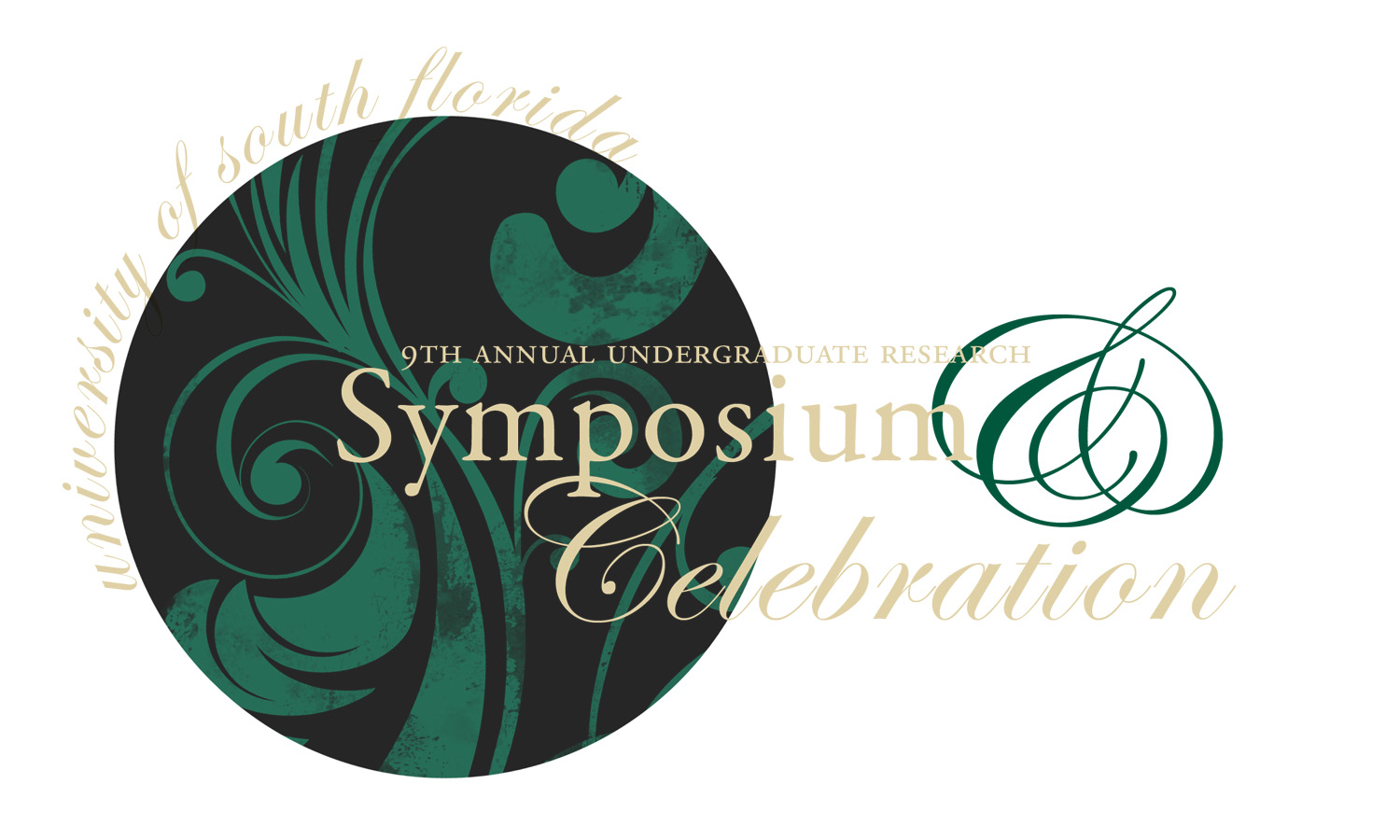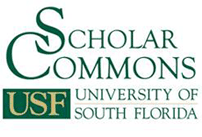Presentation Type
Poster
The Importance of Trial Ambiguity: Understanding the Influence of Pretrial Publicity on Jurors’ Decisions and Emotions
Abstract
This pilot experiment was conducted to examine ambiguity of a trial with regards to jurors’ verdicts (guilty/not-guilty). An ambiguous trial is preferred due to its ability to show biasing influences. Also investigated were the effects of positive and negative pretrial publicity (P-PTP/N-PTP) on jurors’ decisions and emotions. Participants (N=26) viewed a murder trial, provided verdicts and guilt ratings, recalled trial facts and related emotions, and completed a defendant credibility scale. These tasks were completed prior to administration of PTP, allowing for the measure of trial ambiguity. Prior to PTP, verdicts were almost equally divided between guilty (54%) and not guilty (46%), demonstrating ambiguity. Participants were randomly assigned to read either P-PTP or N-PTP and again completed the measures. After PTP exposure N-PTP jurors’ guilt ratings increased and those for P-PTP jurors decreased, having the expected effects on jurors’ decisions. N-PTP exposure resulted in increased juror anger and decreased defendant credibility; while P-PTP resulted in the defendant being viewed as more credible. Stimuli developed for this study potentially furthers the exploration of anger as a mechanism in juror decision making. Development of ecologically valid trial stimuli is an important and has potential to benefit researchers and the field of jury decision.
Categories
Social Sciences
Research Type
Research Assistant
Mentor Information
Dr. Christine Ruva
The Importance of Trial Ambiguity: Understanding the Influence of Pretrial Publicity on Jurors’ Decisions and Emotions
This pilot experiment was conducted to examine ambiguity of a trial with regards to jurors’ verdicts (guilty/not-guilty). An ambiguous trial is preferred due to its ability to show biasing influences. Also investigated were the effects of positive and negative pretrial publicity (P-PTP/N-PTP) on jurors’ decisions and emotions. Participants (N=26) viewed a murder trial, provided verdicts and guilt ratings, recalled trial facts and related emotions, and completed a defendant credibility scale. These tasks were completed prior to administration of PTP, allowing for the measure of trial ambiguity. Prior to PTP, verdicts were almost equally divided between guilty (54%) and not guilty (46%), demonstrating ambiguity. Participants were randomly assigned to read either P-PTP or N-PTP and again completed the measures. After PTP exposure N-PTP jurors’ guilt ratings increased and those for P-PTP jurors decreased, having the expected effects on jurors’ decisions. N-PTP exposure resulted in increased juror anger and decreased defendant credibility; while P-PTP resulted in the defendant being viewed as more credible. Stimuli developed for this study potentially furthers the exploration of anger as a mechanism in juror decision making. Development of ecologically valid trial stimuli is an important and has potential to benefit researchers and the field of jury decision.

